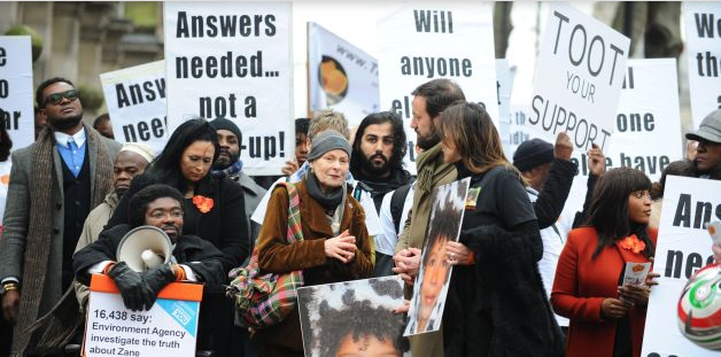
It is heartbreaking for a parent to lose a child. It is also heartbreaking when the cause of a child’s death remains covered up, when parents who have already suffered so much are trod on by a system designed to protect institutions, not people, and when the evidence points everywhere except towards the verdict the coroner actually reached.
The Truth About Zane campaign aims to uncover the real cause of death of seven-year-old Zane Gbangbola. Zane died on February 8, 2014 after his home in Chertsey, Surrey was flooded. His parents have reams of evidence suggesting he was killed by hydrogen cyanide carried by floodwater from a nearby landfill site, but have faced an extraordinary battle with authorities to prove this.
The Green Party is joining the call for an independent panel inquiry into Zane’s death, as the Public Authority (Accountability) Bill was presented to parliament 29 March 2017.
Dubbed the ‘Hillsborough Law’, the bill would require public bodies and individuals to carry out their work in the public interest and assist courts, official inquiries and investigations. Parity of funding would also be provided for victims and their relatives for inquests and inquiries.
When Zane died his parents, Kye Gbangbola and Nicole Lawler, were also hospitalised in critical condition. Kye is now a paraplegic as a result of exposure to the gas and uses a wheelchair.
Hydrogen cyanide was detected by the fire and rescue teams who arrived on the scene but Zane’s body was not tested for the gas, which disappears after 48 hours. In 2016, the coroner ruled Zane’s death was caused by carbon monoxide poisoning from a faulty petrol pump used to clear floodwater from the house - a pump which was never in fact used.
I met Kye and Nicole earlier this month and I was struck by their determination and resilience in terrible circumstances. They’ve shown enormous courage to continue fighting for justice in the face of a huge bureaucratic machine and vested interests weighted against them.
But when I first sat down with them, before we discussed the harrowing journey they’ve been on since that terrible day in 2014, they told me about Zane - a smiling seven-year-old who loved cars and excelled at school. They have an immovable resolve that the humanity of Zane and his personality, his likes and dislikes, are at the centre of this story.
Kye and Nicole were denied legal aid because the probe into Zane’s death was not in “the public interest”, despite more than 30,000 people signing a petition to call for an investigation.
It’s crucial there’s a level playing field for families seeking answers about their loved ones’ deaths. For Zane’s parents, the Hillsborough Law would have meant they would have been given legal aid instead of having to crowdfund. The authorities investigating would be loyal only to the truth, not the institutions involved.
What kind of country do we live in when reputation management is deemed more important than a young boy’s life, and the opportunity to prevent others dying in the same way?
It would have been simple for Kye and Nicole to accept the coroner’s verdict of carbon monoxide poisoning. Not easy I’m sure, but simple, to fall in behind the finger of blame pointing towards the pump hire company for giving them a faulty petrol pump and failing to provide proper safety instructions.
But Kye and Nicole maintain they never bought any petrol for the pump, and it was never switched on except to briefly test if it was working. The house ran solely on electric power and only electric water pumps were in use. Their quest for the truth goes on.
It’s not for me to decide what happened that night. But I believe there is enough conflicting evidence for the verdict reached by the coroner to be thrown into question.
If we put aside for a moment the human side to this tragedy, the loss and injustice at the heart of this story, the implications of Zane’s death are enormous. Not just for his family, but potentially for everyone who lives near a landfill site. Many of these sites are unrecorded, so there are people who won’t even know if they do or not.
In Zane’s case, the Environment Agency knew about the risk from the landfill site at least four years before his death. When building a cabin next door to Zane’s house in 2010, the agency installed a gas-proof membrane to protect the property and people inside. But at no point did the EA warn Zane’s family or their neighbours.
Climate change is an ever growing threat, and while we are constantly working to mitigate the risks, significant challenges remain. Last year was the hottest year on record and extreme weather events, like the severe flooding where Zane lost his life, are on the rise.
It is a matter of when, not if, another unregulated landfill site is flooded. Hydrogen cyanide is not an innocuous substance. It can be difficult to detect and kills rapidly.
The authorities involved in this investigation must be held accountable. We must make sure the truth emerges, for Zane himself, for Kye and Nicole, and for every single person in the UK living next to a landfill site, whether they know it or not. A tragedy like this must never happen again.

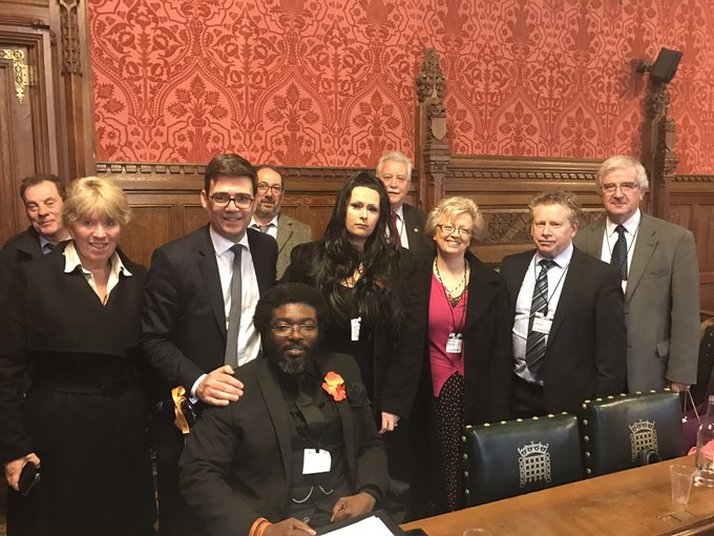

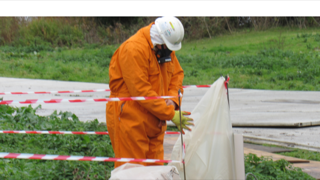
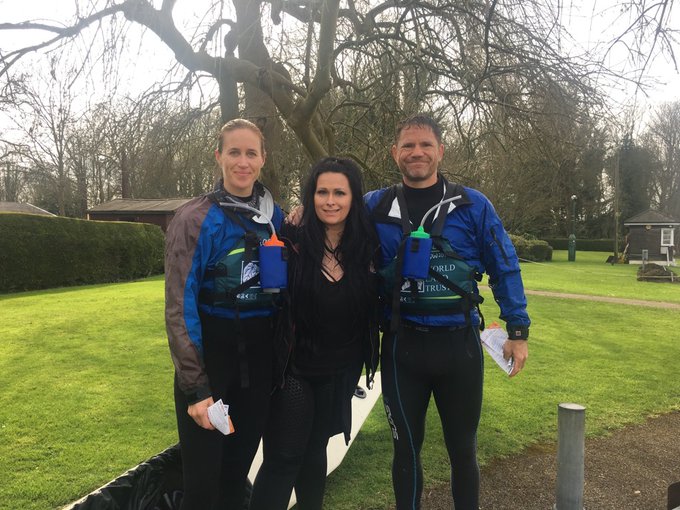
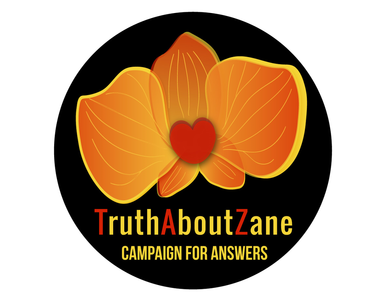


 RSS Feed
RSS Feed